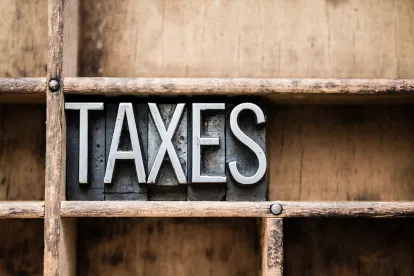The Washington Supreme Court recently held that property tax refund actions must be filed in the superior court of the county where the tax was collected. Hardel Mut. Plywood Corp. v. Lewis Cnty., 515 P.3d 973 (Wash. 2022). At issue in the case were two venue statutes that were in tension with each other. The more specific statute stated that property tax refund cases “shall be brought in the superior court of the county wherein the tax was collected.” Whereas the more general statute stated that all actions against any county “may be commenced in the superior court of such county, or in the superior court of either of the two nearest judicial districts.”
The taxpayer and amici argued that the statutes were not in conflict and simply needed to be harmonized in a way that allowed taxpayers the flexibility to file in the venue of their choice as provided by the two statutes. The Washington Supreme Court, however, held that these two statutes were not complementary to each other, and that when confronted with two equally applicable venue statutes, courts should give effect to the more specific statute unless there is some indication that the legislature intended for the general statute to govern.
Here, the Washington Supreme Court found that the more specific statute concerned both the type of case (a tax refund action) and the type of defendant (a county). Thus, the Court applied the general rule that a mandatory and specific venue statute governs, and property tax cases must be brought in the superior court of the county in which the tax at issue was paid.




 />i
/>i

